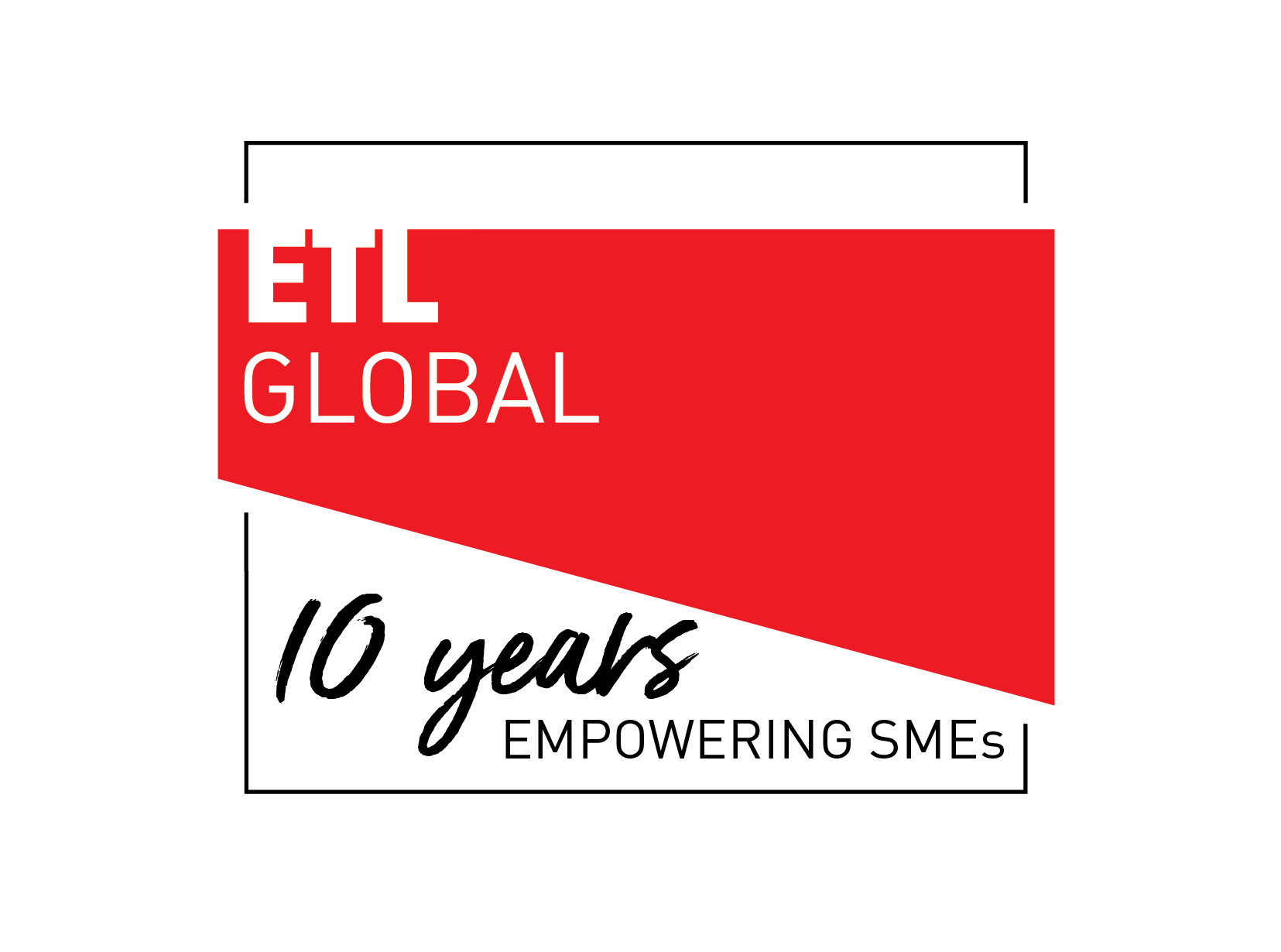Thin capitalisation rules are designed to prevent companies from artificially inflating interest deductions by relying excessively on debt instead of equity, a practice that can lead to tax base erosion.
In Greece, these rules are enforced through interest deduction limitations under tax law. The key points include:
- A company’s net interest expense is deductible up to 30% of its tax EBITDA (Earnings Before Interest, Taxes, Depreciation, and Amortisation calculated on a tax basis).
- Any net interest expense exceeding this threshold cannot be deducted in the current tax year.
- However, disallowed interest expenses can be carried forward for up to five years, allowing future deductions if the company’s net interest expenses fall within the allowable limits.
Exemptions and Special Cases
- For net interest expenses up to €3 million, the above limitations do not apply.
- Financial institutions, such as banks, are generally excluded from these rules due to their intrinsic reliance on debt financing.
OECD Transfer Pricing Guidelines and Additional Considerations
Greece’s tax code directly references the OECD Transfer Pricing Guidelines for Multinational Enterprises and Tax Administrations, without specifying the year of issue. In their 2022 edition, these guidelines were supplemented by the report on transfer pricing aspects of financial transactions, adopted by the Committee on Fiscal Affairs on 20 January 2020, which was incorporated in Section D.1.2.2 of Chapter I and in Chapter X of the OECD Guidelines.
Amongst other changes, the newly incorporated rules clarify that the arm’s length principle is relevant “not only in determining whether the rate of interest provided for in a loan contract is an arm’s length rate, but also whether a prima facie loan can be regarded as a loan or should be regarded as some other kind of payment, in particular a contribution to equity.” If the latter is the case, any related interest payments would not be tax deductible.
Further, the OECD Guidelines mention the following economically relevant characteristics as useful indicators in accurately delineating an advance of funds:
- the presence or absence of a fixed repayment date;
- the obligation to pay interest;
- the right to enforce payment of principal and interest;
- the status of the funder in comparison to regular corporate creditors;
- the existence of financial covenants and security;
- the source of interest payments;
- the ability of the recipient of the funds to obtain loans from unrelated lending institutions;
- the extent to which the advance is used to acquire capital assets;
- the failure of the purported debtor to repay on the due date or to seek a postponement.
Therefore, the inclusion of Chapter X in the 2022 edition of the OECD Transfer Pricing Guidelines is especially relevant for Greek subsidiaries or branches of multinational enterprises that cannot secure financing independently in the open market.
To date, such cases have not yet been addressed by the Greek dispute resolution centre or courts, leaving some uncertainty in this area. However, we anticipate that such cases will arise as soon as the first tax audits relating to 2022 are concluded.
Conclusion
Indirectly, the OECD Transfer Pricing Documentation requirements introduce an additional layer of thin capitalisation rules into the Greek tax framework. Since these rules apply without any size threshold, they are expected to draw increased scrutiny from tax authorities when auditing multinational enterprises’ branches and subsidiaries in Greece. Thus, careful consideration of these rules is critical when evaluating your financing options in Greece.





